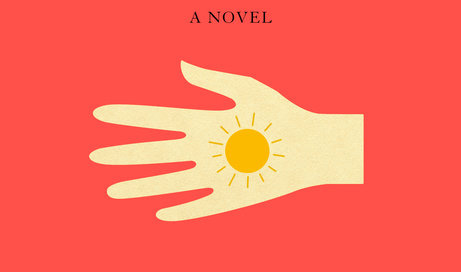Klara and the Sun
I love reading. I love talking about the books I’ve read. People have asked me to share book reviews. So … that’s what this is… the first review!
Date read: January 2024
Date published: March 2021
Summary
From her place in the store, Klara, an Artificial Friend with outstanding observational qualities, watches carefully the behavior of those who come in to browse, and of those who pass on the street outside. She remains hopeful that a customer will soon choose her, but when the possibility emerges that her circumstances may change forever, Klara is warned not to invest too much in the promises of humans. In Klara and the Sun, Kazuo Ishiguro looks at our rapidly changing modern world through the eyes of an unforgettable narrator to explore a fundamental question: what does it mean to love? (via Goodreads)
The Good
This isn’t the kind of book I’d just pick up at the library or bookstore. Artificial Friend? Sounds weird. And I’m not a sci-fi person. But, my friend Megan recommended it, and it’s by a Nobel Prize winning author. So I jumped in.
This book is sparse—landscape, characters, plot, there’s not a lot of any of this. And that’s why it works so well. It lays open the entire human condition through the lens of the main character, her AF (artificial friend) Klara, and just a few other characters.
Ishiguro allows the AF to narrate the novel, giving us a clinical look at the human world. Although this lack of emotion can make the book seem at arm’s length from real expression, it also makes the humans’ statements more profound, like when one of the characters comments on Klara’s observations on humans:
“Sometimes,’ she said, ‘at special moments like that, people feel a pain alongside their happiness. I’m glad you watch everything so carefully, Klara.”
The setting and style of the book is unsettling. The quote above is a rare reflection on humanity. There’s a strange environmental catastrophe happening (or has already happened), there seems to be a dictatorship-style government, and other creepy dystopian things. But that setting allows this AF / human relationship to be even more important, because isolation and loneliness are expressed through every scene and detail. And the AFs were created to help with companionship. So throughout the story, you get an ongoing tale of dealing with, facing, and battling loneliness.
The Bad
I typically want to be drawn into an emotional powerful story. So I guess that’s a potential downside. But it’s also part of what makes this book unique, for the reasons I mentioned above. I guess maybe the bad here is actually the good—the aseptic nature of the storytelling allows for Josie’s journey to shine through, like, you guessed it, the sun.
My Rating
These ratings are based on how long I think about the book after I’m done reading. So 10 means I’m still thinking about it, 1 means I forgot about it immediately.
8/10 — Still kinda thinking about it





